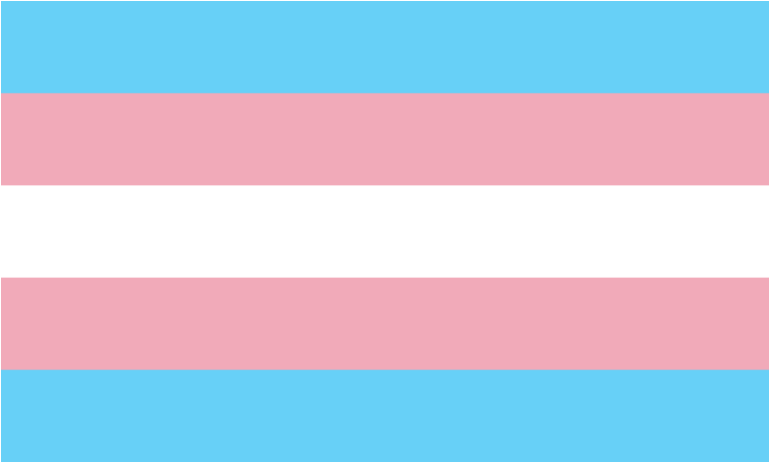Arkansas bill ‘cruel and misguided’
April 22, 2021
Arkansas recently passed a bill banning gender-affirming healthcare for transgender youth. The bill was originally vetoed by the state’s governor Asa Hutchinson, when it was originally proposed, but his decision was overruled on April 6 by both The House and Senate. From this point forward, it will be illegal for doctors to prescribe transgender minors puberty blockers, hormones, or grant them reassignment surgery.
This bill is cruel and misguided on a number of levels. To begin, it will have a devastating impact on the mental and physical health of transgender minors. For example, puberty blockers are a common treatment used to prevent transgender children from going through puberty that doesn’t coincide with their gender identity, making it easier for them to fully transition later in life. Numerous studies have also shown that access to these blockers are linked to lower rates of suicidal thoughts among transgender youth. The state legislation, however, will outlaw the use of said treatment.
Supporters of the new bill, however, such as Arkansas Rep. Robin Lundstrum, claim that children do not have the ability to make a decision as life-altering as taking puberty blockers.
“Those kids are precious. Some of them may choose to be transgender when they’re older. That’s okay, that’s their choice,” said Lundstrum. “But when they’re under 18, they need to grow up first. That’s a big decision, there’s no going back.”
The problem, however, is that Lundstrum assumes that puberty blockers are a permanent treatment. In reality, puberty blockers are completely reversible. If it is decided that a child is no longer in need of the treatment, they will be taken off the blockers, and their puberty will pick up where it left off. Long-term effects caused by puberty blockers are extremely uncommon, and most children are able to halt their treatment without causing harm. This is backed up by research and studies conducted by organizations such as the Mayo Clinic, who found permanent damages caused by puberty blockers to be exceedingly rare.
What Lundstrum and many others also fail to consider are the amount of transgender individuals who may not make it to the age of 18. Studies have shown that transgender people have a higher suicide rate than the general population. They also have higher rates of depression and anxiety. Many medical organizations agree that these rates are a product of continued stigma, and bigotry.
“Being transgender in and of itself does not lead to these risks,” said Paula Neira, clinical director for the Johns Hopkins Center for Transgender Health, in an interview with USA Today. “What increases it is how you are treated and whether you are able to receive care.”
The passing of this legislation will not save children, it will harm them. Withholding transitioning treatments, such as puberty blockers, from transgender people until they are 18 years old will make it harder for them to fully transition, as by the age of 18, puberty will have already happened, and the blockers will be far less effective.
The legislation recently passed in Arkansas is, in a word, cruel. It perpetuates bigotry and regressivism, and it is likely to cause a great amount of harm to transgender people, of all ages, as a result of its inequity.






